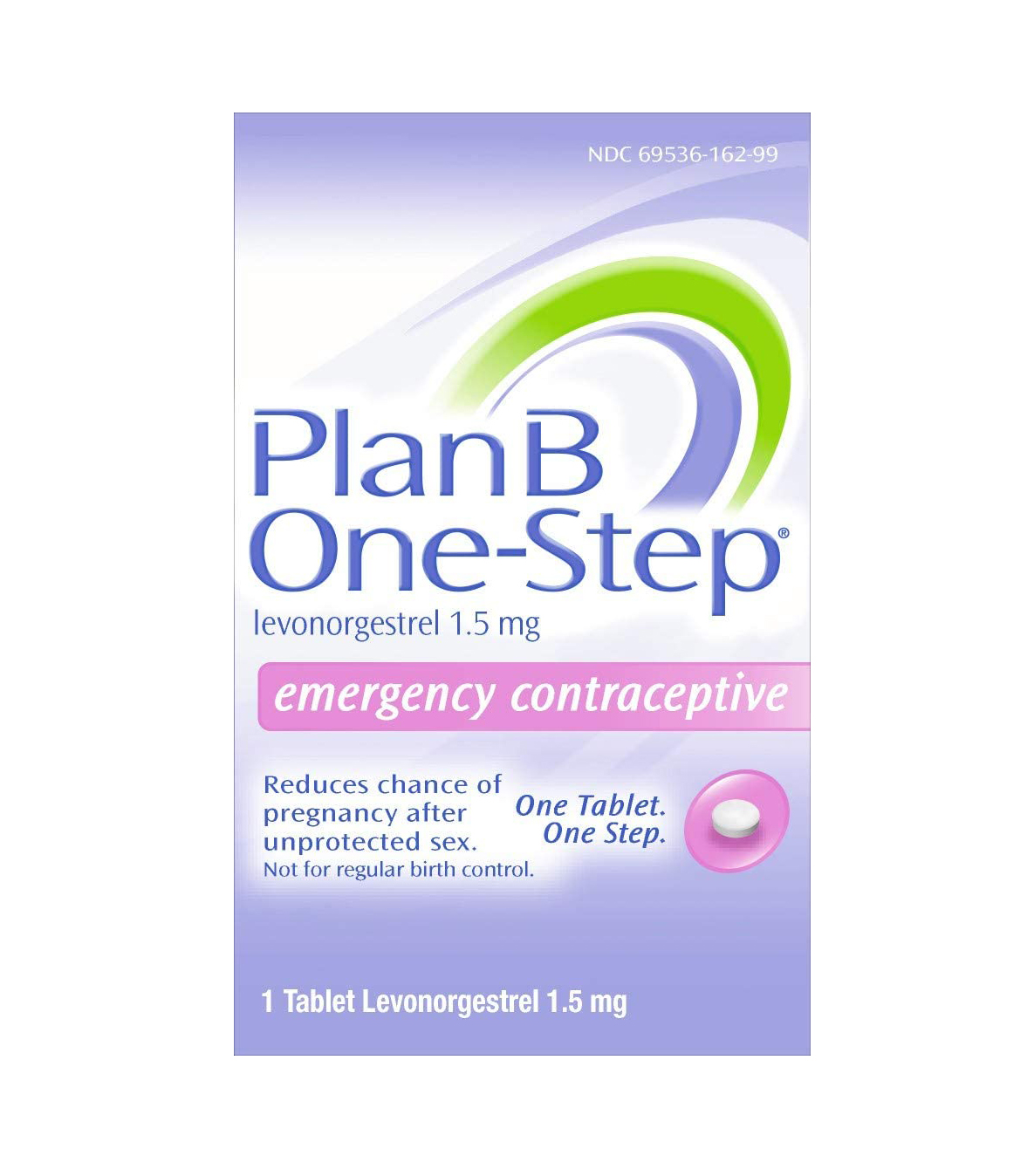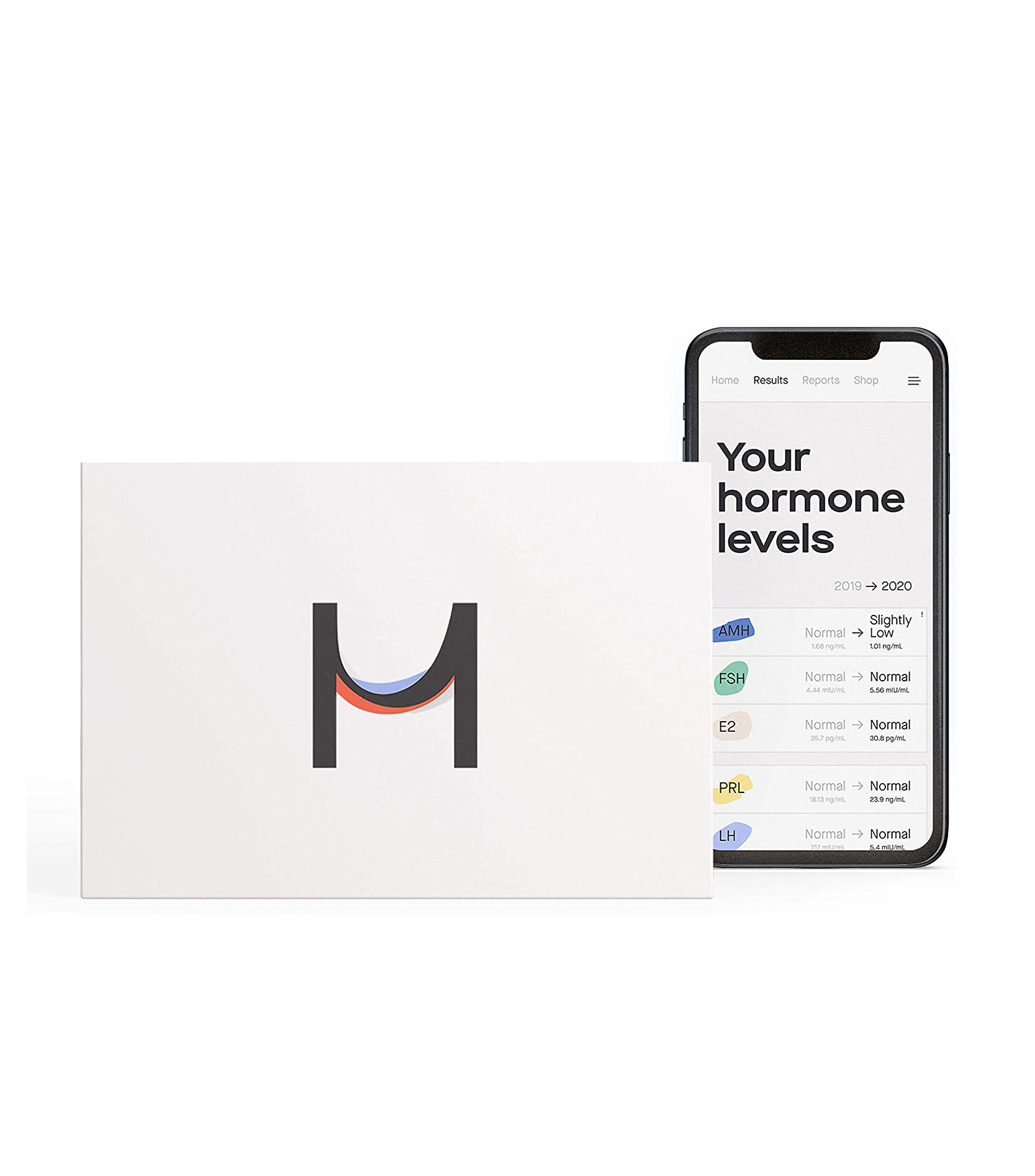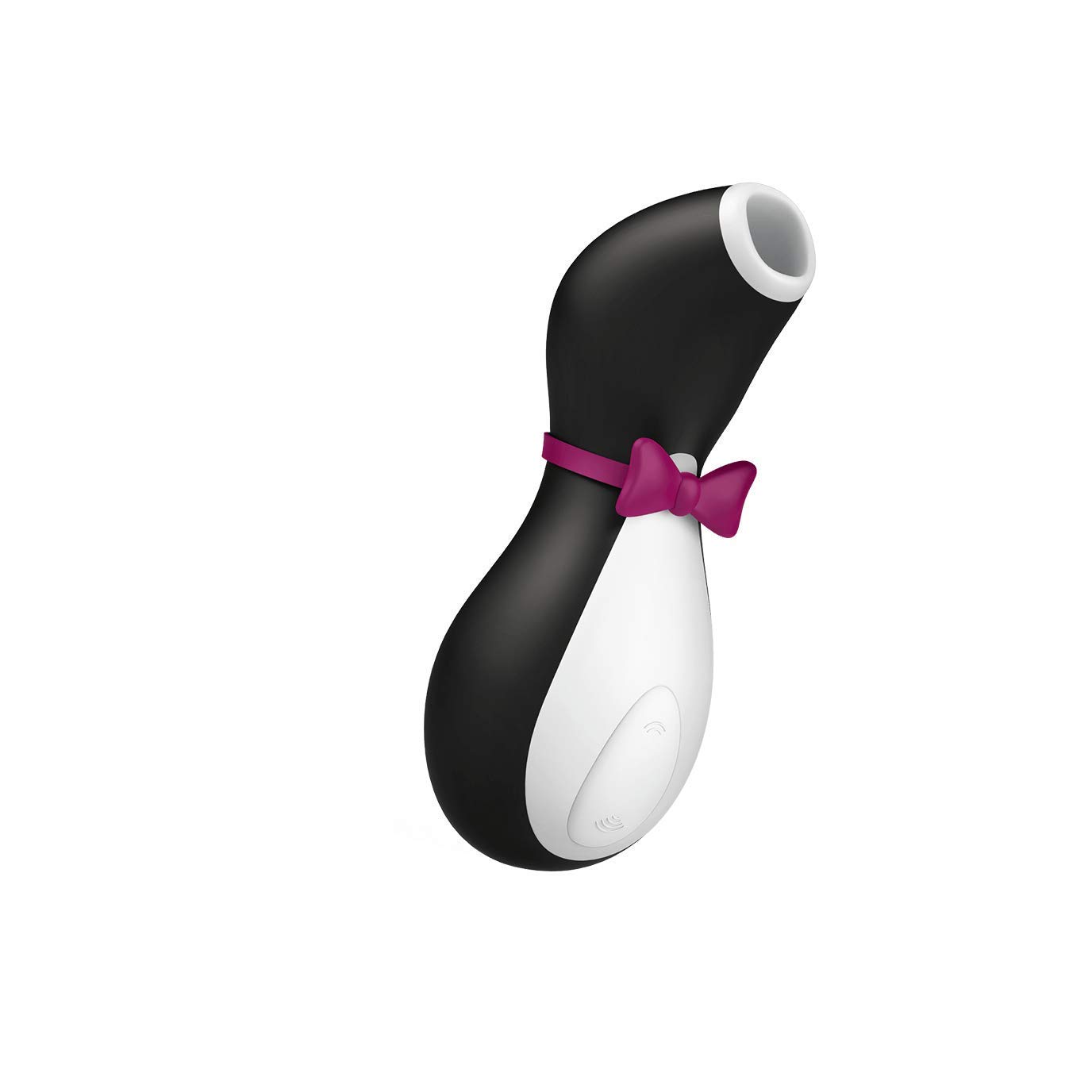These Are the Real Effects of Plan B, According to Gynecologists


Taking an emergency contraceptive pill (aka Plan B) for the first time can be a deeply nerve-wracking experience. Our culture propagates so many freaky myths about the product's potential side effects that it can feel like you don't know what you're getting yourself into—unless you have a reproductive health expert breaking down the no-BS truth for you, which, on days when you find yourself needing Plan B, is not exactly the priority (or easy to access). Luckily, we have a couple of sexual health authorities here ready to help quell your anxieties.
"It's easy to understand why there's so much ambiguity around fertility when you consider the fundamental lack of proactive sexual health education in our adult lives," comments Erin Burke, PhD, who was formerly head of clinical research at Modern Fertility, a women's health company increasing access to fertility information. "The bulk of reproductive health education occurs in sex-ed at a young age, and focuses almost entirely on preventing pregnancy and STIs."
Burke says that there are pitifully few trustworthy and impartial resources women can rely on to learn about their sexual health. "Instead, there's a lot of misinformation, or a gap in information entirely," she explains.
"Myths and rumors surrounding Plan B continue to surface because believe it or not, many still have not heard of Plan B despite public health efforts, and there is sometimes incorrect information provided in the media, which with social media can spread like wildfire," adds Kristamarie F. Collman, MD, a board-certified family medicine physician based in Virginia.
A Modern Fertility research report revealed that 77% of women wish they knew more about how hormones impact their fertility. Clearly, there is a huge appetite for information about hormones and contraception in a variety of contexts—emergency contraception included.
So what side effects can Plan B actually produce in one's body, according to experts? Let's actually start with something Plan B doesn't do.
Plan B DOES NOT: Negatively affect your fertility.

There is zero evidence to suggest that Plan B has any affect your fertility at all, promises Nataki Douglas, MD, PhD, chair of the Modern Fertility Medical Advisory Board. "Once you get your period, your cycle has restarted, and the Plan B hormones are out of your system," she says. Your future ability to conceive will be completely untouched.
Plan B DOES NOT: Cause abortion.
"I have repeatedly had patients tell me Plan B is 'basically having an abortion' which is completely false!" promises Collman. An abortion eliminates a pregnancy that has already been implanted in the uterus, while Plan B prevents unintended pregnancy from occurring or implanting into the uterus in the first place. If you take Plan B while pregnant, it absolutely will not abort the pregnancy. That's simply not how the medication's hormones work.
If we were all better educated about what Plan B is, no one would believe this myth. The morning-after pill is a huge dose of hormones (the same kind used in many birth control pills) that prevents fertilization of an egg—or prevents the fertilized egg from attaching to the uterus. That's why you have to take Plan B within 72 hours of unprotected sex—because that's how long it takes for an egg to fertilize and attach to the uterus.
Plan B CAN: Temporarily affect your menstrual cycle.
"The most common side effect of Plan B is a temporary change in your period," says Burke. You might experience spotting, an irregular period, or heavier bleeding after taking Plan B. "Often women will get a period within a week or two of taking the pill, and it usually returns to normal from there," says Burke. "If it doesn't, it's not a bad idea to take a pregnancy test or visit your OB to rule out pregnancy."
Plan B CAN: Cause fatigue or nausea.

You might have mild nausea, abdominal pain, or feel tired after taking Plan B. But Collman says these symptoms typically improve within 24 or 48 hours. "If these symptoms continue for more than a week after taking Plan B, see your OB," Burke advises (though, again, that is rarely the case).
Next: This is the Best Type of Birth Control for Heavy Periods
This article was originally published at an earlier date and has since been updated.
Disclaimer
This article is provided for informational purposes only and is not intended to be used in the place of advice of your physician or other medical professionals. You should always consult with your doctor or healthcare provider first with any health-related questions.

Tie among Linda Rodin, Hari Nef, and David Bowie.
Who are your 5 favorite people to follow on Instagram?@petracollins @katiejanehughes @alwaysjudging @bonnyrebecca @hotdudesreading
What's the beauty essential you can’t live without?If I have some brow gel and Sisley's Phyto-Lip Twist, I'm good to go forever.
What's your desert island album?Death Cab for Cutie's Transatlanticism
What's your favorite Byrdie.com story?Game of Thrones's Nathalie Emmanuel looks so achingly beautiful in our feature with her that I think it's gonna have to be that!
-
 This All-Natural Way to Relieve Period Cramps Is a Total Game Changer
This All-Natural Way to Relieve Period Cramps Is a Total Game ChangerGive it a try.
By Sarah Yang
-
 20 Holiday Gifts That Are on the Spicier Side
20 Holiday Gifts That Are on the Spicier SideFor your partner (or yourself).
By Sarah Yang
-
 I've Worn Period Panties for Years—Here's My Guide to the Best on the Internet
I've Worn Period Panties for Years—Here's My Guide to the Best on the InternetThey'll make that time of the month way better.
By Sarah Yang
-
 12 Signs Your Estrogen Levels Are Low—And What to Do About It
12 Signs Your Estrogen Levels Are Low—And What to Do About ItIt can seriously affect your health.
By Sarah Yang
-
 Here's Why Your Periods Can Make You Feel So Constipated
Here's Why Your Periods Can Make You Feel So ConstipatedPlus, how to make it better.
By Sarah Yang
-
 The 21 Best Sexual Wellness Products to Make Your Sex Life Better
The 21 Best Sexual Wellness Products to Make Your Sex Life BetterTake charge.
By Sarah Yang
-
 Here's How to Navigate Your Sex Life in Quarantine, According to the Experts
Here's How to Navigate Your Sex Life in Quarantine, According to the ExpertsWhether you're single or in a relationship.
By Sarah Yang
-
 Cara Delevingne Wants You to Embrace Your Sexuality
Cara Delevingne Wants You to Embrace Your SexualityInside the actress and model's latest venture.
By Sarah Yang













